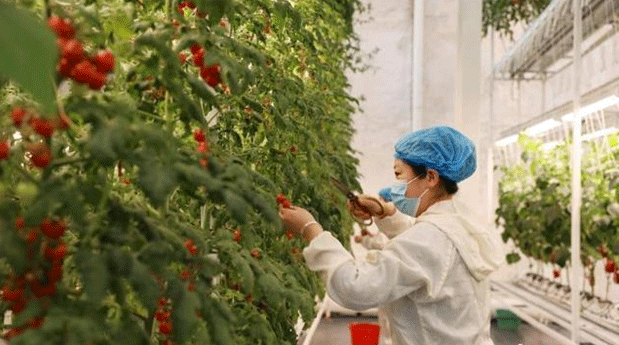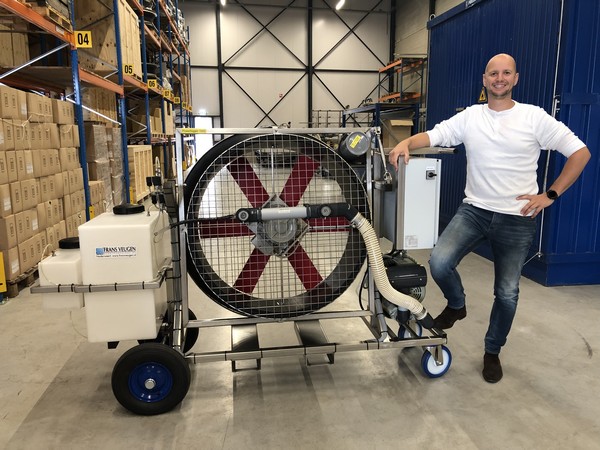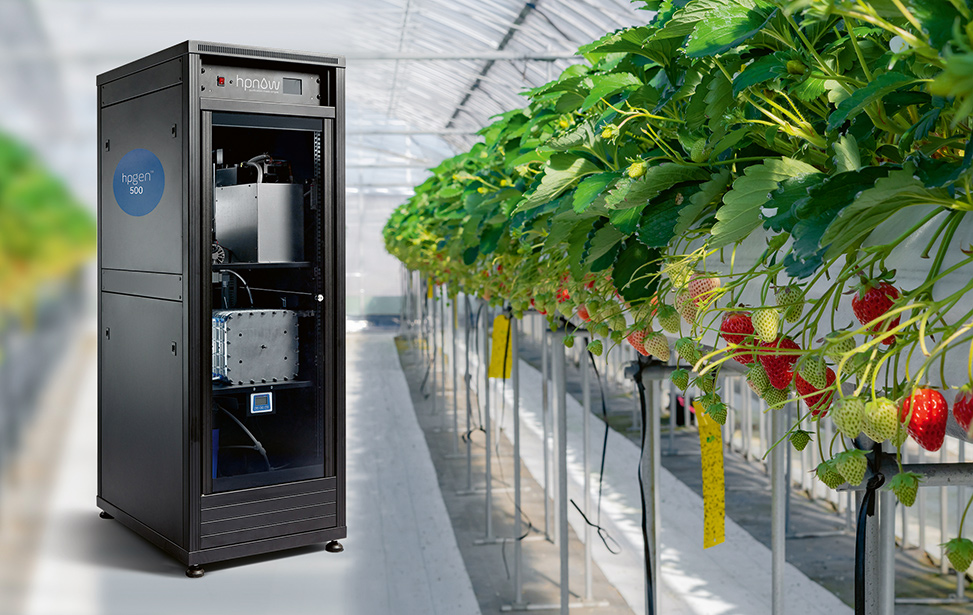The automated greenhouses in Nangong are part of a broader smart agriculture project aimed at sustainable vegetable production. Covering various crops, the project has introduced nearly 30 varieties of vegetables and fruits grown through hydroponics and substrate cultivation. This method eliminates the need for soil, instead using nutrient-rich water or alternative growth media. It’s an approach that not only conserves water but also allows for precise control over the growing environment, leading to healthier plants and higher yields.
According to project data, the greenhouses are expected to produce 400 tons of vegetables and fruits annually, generating over 10 million yuan in revenue. These crops are destined for supermarkets across China, ensuring a steady supply of fresh produce even during off-seasons.
Technological Integration for Sustainable Growth
The integration of smart technology into agriculture is at the heart of this project’s success. Automated systems manage everything from irrigation to climate control, ensuring optimal growing conditions throughout the year. For instance, the intelligent systems can adjust light intensity and duration using special LED lighting, which mimics natural sunlight. This precision enables continuous production, independent of external weather conditions.
Water management is another critical component. The greenhouses are equipped with advanced irrigation systems that minimize water usage by delivering the exact amount needed for each plant. This not only reduces waste but also promotes sustainable farming practices, a key concern in today’s agriculture.
Economic and Social Impact
Beyond the technical innovations, the project in Nangong has brought significant economic benefits to the region. By boosting the production and quality of local agricultural products, the project has opened up new markets and increased the competitiveness of Hebei’s produce. The economic ripple effects are substantial, with the project supporting local farmers and creating 100 to 150 jobs within the community.
Furthermore, the development of smart agriculture in Nangong serves as a model for other regions, demonstrating the potential of technology-driven farming to address challenges such as labor shortages, resource limitations, and climate variability.
The smart agriculture project in Hebei’s Nangong represents a forward-looking approach to modern farming, where technology and sustainability converge to create a new paradigm in vegetable production. With its automated greenhouses and innovative growing techniques, Nangong is leading the way in China’s agricultural revolution, offering lessons and inspiration for farmers, agronomists, and agricultural engineers worldwide. As the global demand for sustainable and efficient farming practices grows, projects like this one are likely to play a pivotal role in shaping the future of agriculture.
.










